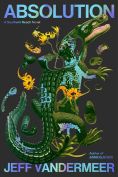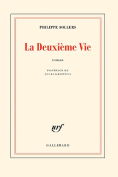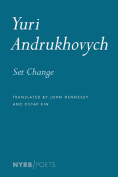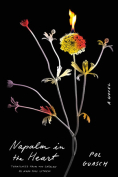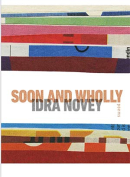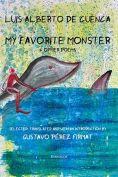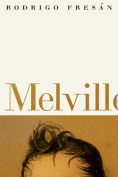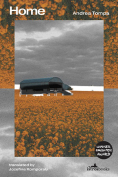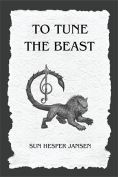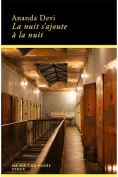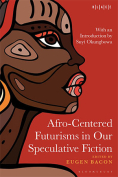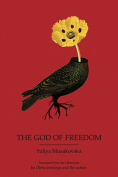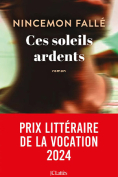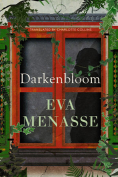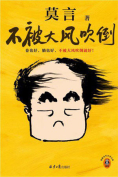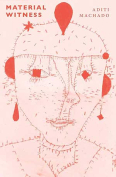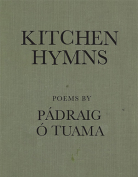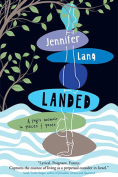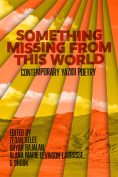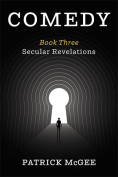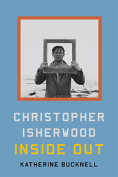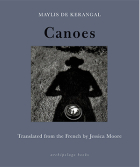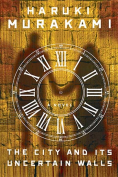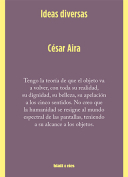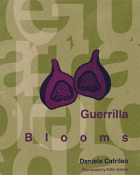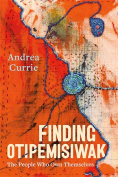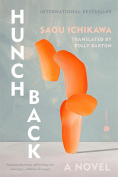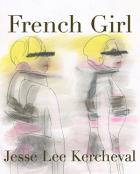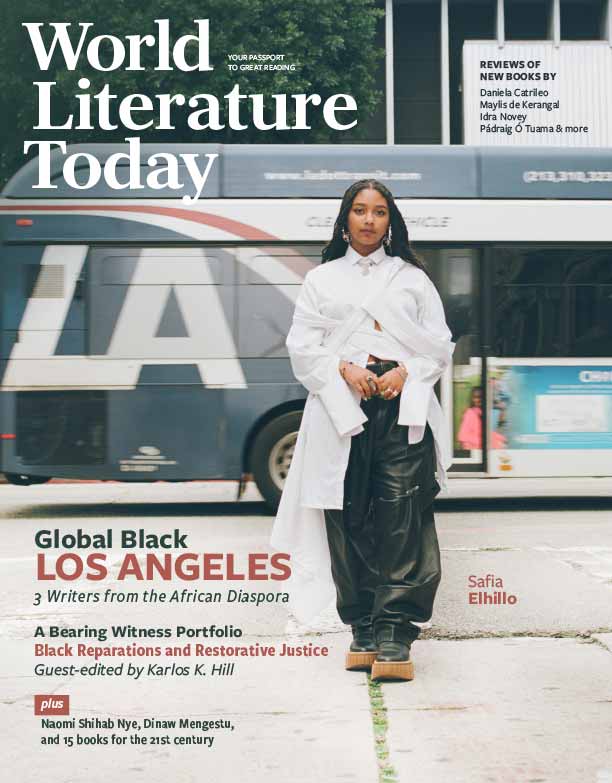Material Witness by Aditi Machado
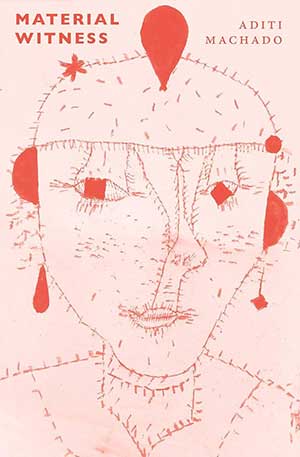
New York. Nightboat Books. 2024. 80 pages.
Aditi Machado’s new collection rekindled the enthusiasm I had felt about Some Beheadings (2017) and Emporium (2020), her first two books, as well as the literary pamphlet The End (2020). It also made me consider how a poet who may be considered “difficult,” “challenging,” or even the platitudinous “poets’ poet” can cultivate a devoted readership, a small tribe of loyal followers who welcome each new book, whether poetry or prose.
Since Machado seems to enjoy such an audience, I wondered what exactly could motivate and explain my and my fellow tribesmen’s continuing interest in, and appreciation of, her work. In my case, I realized, it is a deep, problematic, and unique relationship with language. (Problematic in the sense that it constantly and creatively calls language into question, and unique to the extent that it defines a poet’s individual and distinctive voice.) Any strong poet (and Machado is definitely one) has the power and the skills to surprise and enthrall us with a language that questions itself, challenging its power to represent and communicate, and ultimately revealing its foreign nakedness. Through this process, a poetic language imbued with the strength and the resolution to come out of its own cultural and ideological closets acquires a new and regenerative eloquence.
Less expansive and discursive than Emporium, Material Witness nevertheless combines its formal breadth with the pointed concentration of Some Beheadings. Each of the six sections presents us with a difference defined by a distinct compositional approach (which finds its own “material witness” in typography and layout) and a smart symmetrical structure. Opening and closing the book are two longer sections mirroring each other (the titles themselves are indicative). Together, “Material Witness” and “now” provide a hermeneutical frame with their shrewd, sophisticated use of lexical and syntactical ambiguity, which constantly hints at the variability and the complexity (in fact, the possibility itself) of meaning. “Sometimes experience is phenomenal in its segues—do you remember you were peeling a turnip. / That was some vegetable-colored sky toward which stupefied you grew.”
Following “Material Witness” and preceding “now” are two short poems consisting of twelve (“What Use”) and thirteen (“Feeling Transcripts from the Outpost”) couplets smartly enjambed and alliterated, their compact metrical structure suggesting an intermediary role between the “outer” and the “inner” layers of the book. Next comes “Bent Record,” arguably the least Delphic and the most diverting section of the book: a pseudoconfessional monologue meant (no pun intended) to set the record straight with a litany of hyperbolical statements (“in starlight and in the hum of typing I admit it was I”) and a darker sense of collective guilt (“I had achieved / my historic high. And I knew just enough / to be toxic to the earth”), in which mankind is depicted as a spoiled teenager or an obnoxious stockbroker (“I lived in directionless desire. Intransigent. Bullish. I ventured out / in viral fields. And I rode my bad scooter which killed the coral reef”).
The “in starlight” font style brings us to the lapidary gastronomy of “Concerning Matters Culinary,” a distillation of fragmental utterances whose Dadaistic cut-up technique, metaphoric playfulness, and inscriptional allure attain a sort of experiential wisdom (“i’ll be my own / stll fruit”) if not a wild, mock-Hamletic sagacity (“there is death folded / in my mousse today”). Overall, Material Witness confirms and expands Machado’s striking polyphonic voice, which the returning reader responsively recognizes. And recognition tends to guarantee readerly returns.
Graziano Krätli
North Haven, Connecticut
